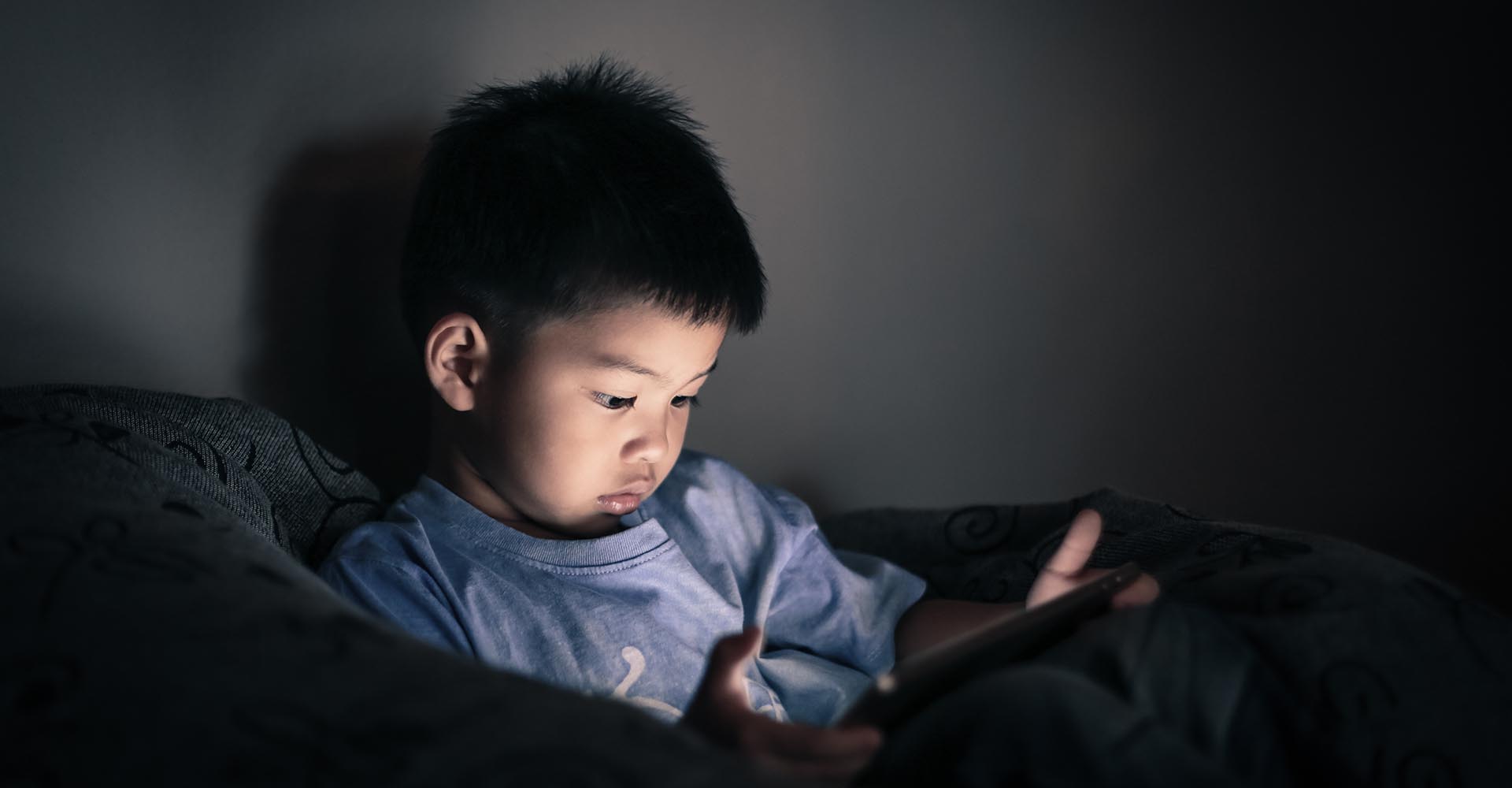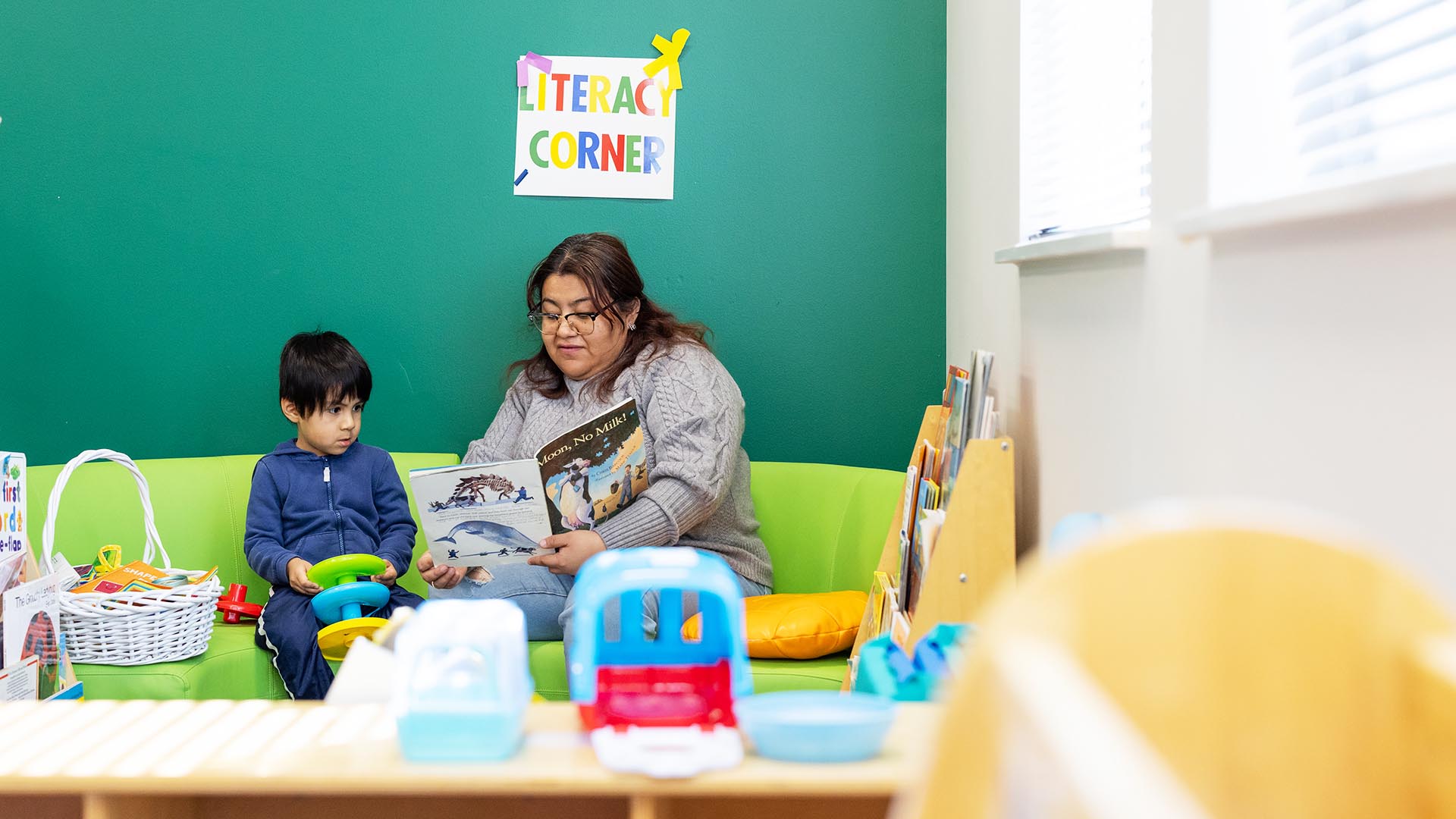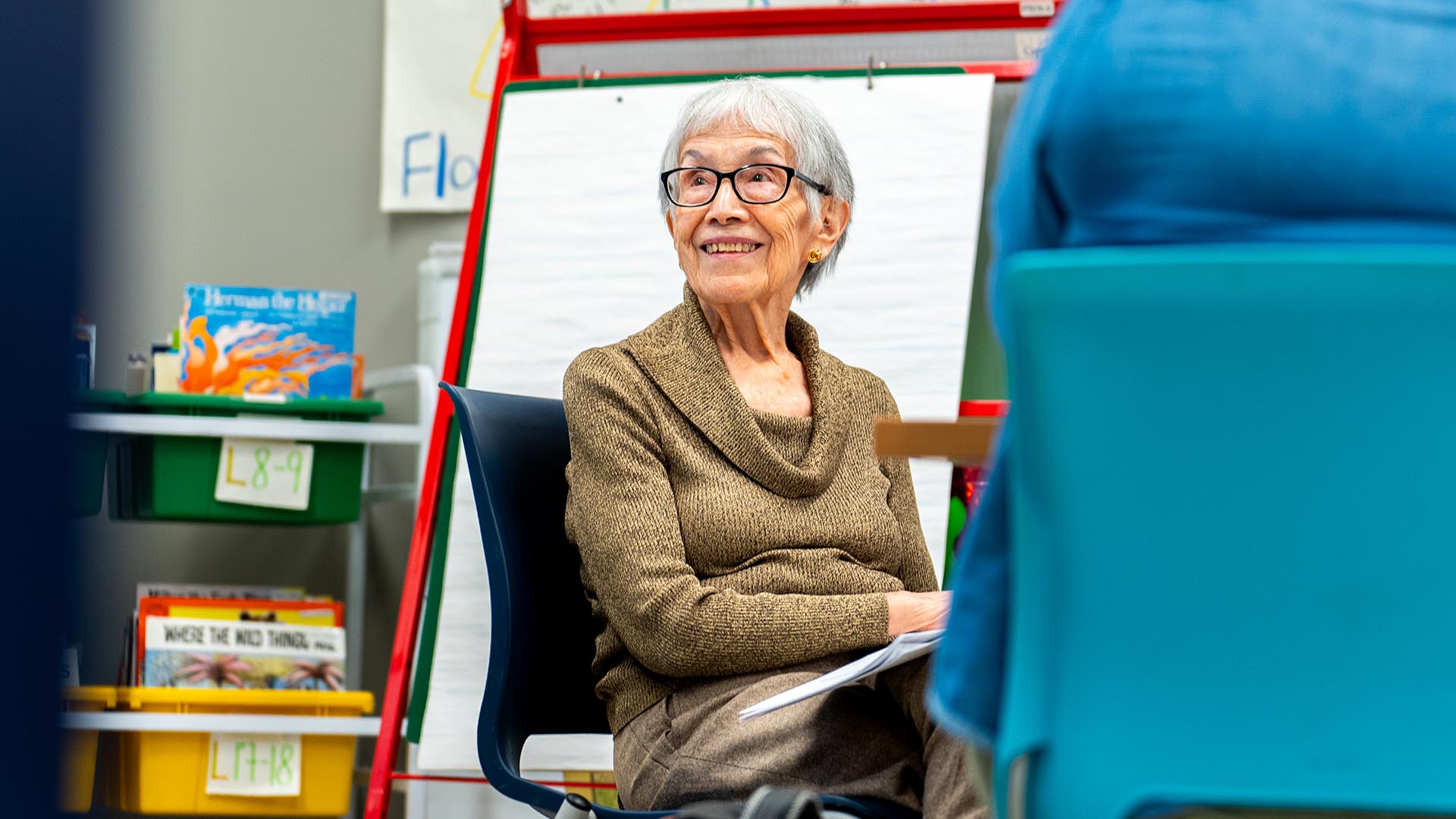A parent’s guide to screen time
Thousands of Colorado K-12 students are starting the school year where they left off last spring: at home, in front of a screen. Here’s how experts suggest you handle technology at home to keep children healthy and happy.

The COVID-19 pandemic is forcing parents – and psychiatrists and pediatricians – to rethink screen time.
Prior to the pandemic, the American Academy of Pediatrics suggested children have no more than two hours of screen time per day.
But with screen time mandatory for tens of thousands of Colorado K-12 students, children are blowing through that limit before lunch.
And it wasn’t like parents were doing the best job of hitting those recommendations anyway: Just prior to the pandemic, the American Academy of Child and Adolescent Psychiatry reported that children ages 8 to 12 spend up to six hours a day in front of screens (smartphones, tablets, gaming consoles, TVs and computers) and teens spend up to nine hours.
What’s a parent to do? RED went to psychology and education experts Bethany Fleck Dillen, Ph.D., and Lisa Badanes, Ph.D., psychology professors at Metropolitan State University of Denver, and Brian Hull, MSU Denver alumnus and national physical-education teacher of the year, for the best strategies to keep everybody in the family happy and healthy.
Family first
Family health always takes priority over academics, work and extracurriculars.
“Avoid letting media time replace important and healthy activities such as face-to-face interaction, family time, outdoor play, exercise, downtime and sleep,” Badanes said.
And in doing so, look out for your partner.
For instance, Dillen and her partner give each other two-hour parenting reprieves for the other to do … whatever.
“We have to take care of ourselves as parents, too,” she said.
Unwind differently
Help your child think differently about how they unwind.
That may require you to avoid thinking about video games, social media and internet time the same way you thought about them prior to the pandemic.
“Instead, opt for healthy options: physical activity, in-person socialization and hands-on free time with board games and imaginary play,” Badanes said.
Are you using screen time as a reward? Consider alternatives sans screens, she said. Think dance party, extra time outdoors or a special art project.
Get moving
In 2020, exercise and screen time are not mutually exclusive.
For instance, the HTP Home app will turn a smartphone into a pedometer, heart-rate tracker and calorie counter.
“It makes a game out of exercise, and it motivates students to be better every day,” he said. “It gives them something to strive for.”
Screens can also introduce new movement and activities, Dillen said. For instance, YouTube has a number of children’s yoga practices.
No matter what, movement and exercise – especially outdoors – is a critical component to counteracting screen time.
“The brain excels when the body is moving,” Hull said. “Even five minutes can help you recharge.”
Make a plan
Children thrive with structure, so a plan for media consumption – which takes minutes to complete – can make a huge difference in your home life.
A solid screen-time plan usually includes device curfews and timers, “digital citizenship” agreements and tech-free zones and times.
Accurately measuring screen time is a critical first step, Dillen said.
“Many parents I know – including myself – underestimate their children’s screen time,” she said.
Tech-free zones provide parents “an automatic screen-limiting valve,” Badanes said. Bedrooms and dining rooms make good tech-free zones – anyplace in the home where healthy behaviors typically occur.
“The car, for example, is where parents and children can interact with each other,” she said. “The same is true for the dinner table. If there’s a screen present, it can significantly decrease interaction.”
Designate high-traffic areas for screens so you can monitor – and ideally engage in – what your children are viewing, Badanes said.
Set an example
This one may sting: You need to limit your own screen time, too.
“Children model their parents’ behaviors,” Badanes said.
Just like other behaviors learned early in life such as reading, exercising and eating healthy, she said, the amount of screen time children engage in predicts the time they’ll likely engage in as adults.
“Creating good habits when they’re young can set the tone for the rest of their lives,” Badanes said.
Just be sure to go easy on yourself as you modify your own behaviors and try to improve your children’s habits, Dillen said.
“Do your best, but don’t shame yourself over difficulties in parenting,” she said. “We’re all under stress, pressure and uncertainty of the pandemic. Please cut yourself a break.”







